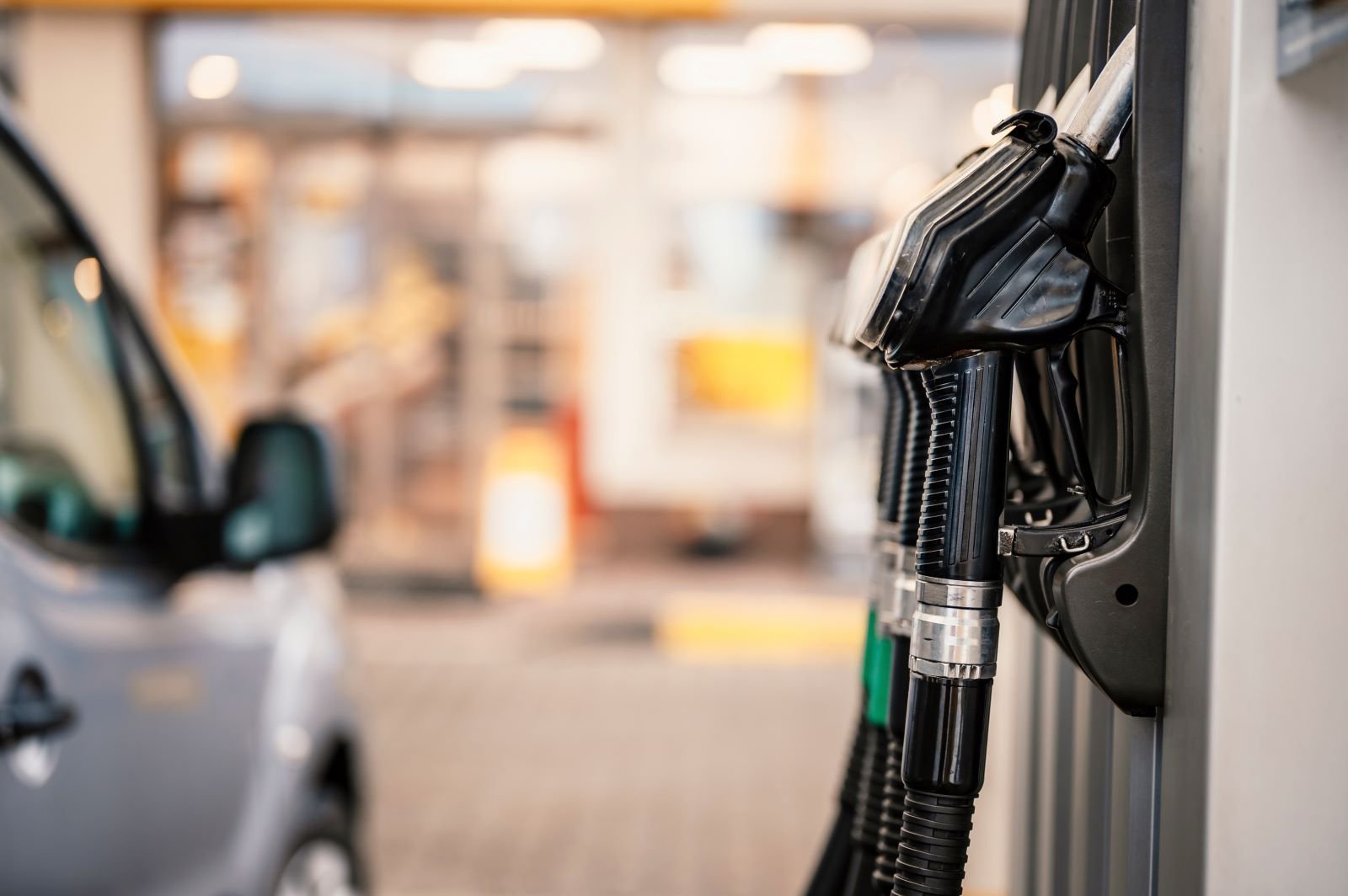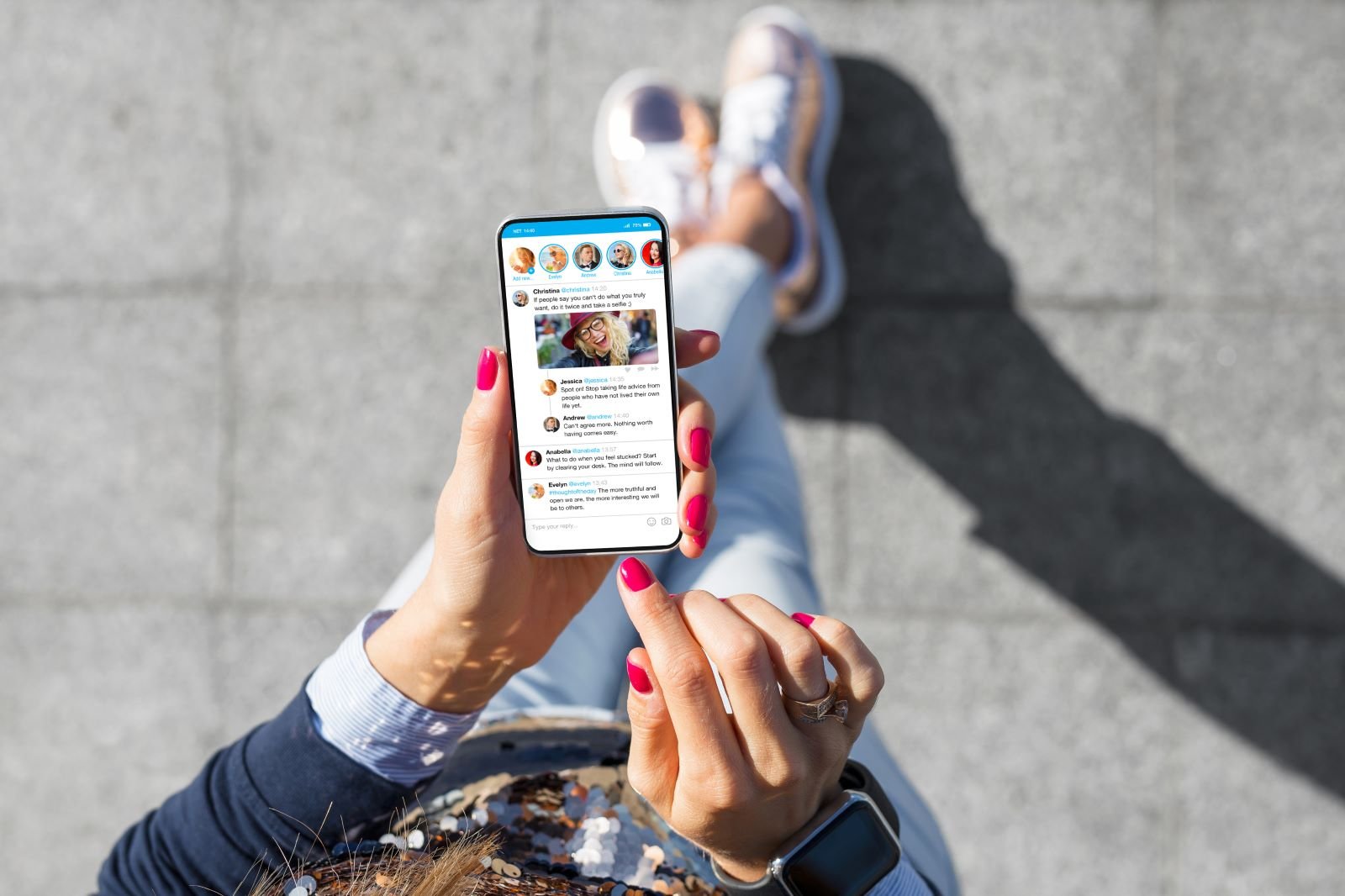Big companies often exploit Americans without their notice. Many deceptive practices include price gouging, hidden fees, and poor-quality products. Some companies exhibit monopolistic behavior and misleading advertising. Labor exploitation and tax evasion are also common tactics.
To identify which companies are the biggest offenders, we used a Yahoo Finance review. They looked at lists from sites like 24/7 Wall Street, TheStreet.com, Business Insider, and others, focusing on companies that were mentioned many times.
American International Group, Inc. (AIG)

American International Group, Inc. (AIG) has faced criticism for its role in the 2008 financial crisis. Despite this, it received a massive bailout from taxpayers. Simultaneously, their executives received substantial bonuses.
Because of them, homeowners suffered foreclosures and job losses. AIG’s actions exemplify corporate greed. They show how they prioritized their profits over the well-being of everyday Americans.
Johnson & Johnson

Johnson & Johnson has faced lawsuits over baby powder and other talc products. They contain asbestos and cause ovarian cancer and mesothelioma. J&J had to counter over 38000 lawsuits at one point. The main accusation was that they tried to conceal risks and misled consumers.
Ultimately, the company retaliated and went for legal settlements. To date, the company continues to profit while individuals suffer health consequences. J&J’s behavior demonstrates a disregard for the well-being of American consumers.
Fox News (Owned by Fox Corporation)

In 2021, Fox News faced billion-dollar lawsuits from two major voting machine companies. The lawsuits said Fox News was spreading misinformation and promoting divisive rhetoric.
Fox News has not always maintained its supposed unbiased position. Rather, it prioritizes sensationalism over factual reporting. Fox profits from polarizing content at the expense of informed discourse. This is an intellectual rip-off at the highest level.
Netflix Inc.

Netflix has faced scrutiny for its subscription price hikes. Netflix earns the maximum of its revenues from its subscribers. Yet, they don’t provide any transparency about content removals.
Consumers often find their favorite shows and movies removed without warning. Their bait-and-switch tactic leaves subscribers feeling cheated. This highlights Netflix’s profit-driven approach at the expense of customer satisfaction.
Uber Technologies Inc.

Uber’s exploitative labor practices are no longer unknown to us. It offers drivers low wages and minimal benefits while pocketing significant commissions from them.
Moreover, the surge pricing during high-demand periods further burdens riders. Uber has a profit-centric model. It prioritizes corporate gains over the well-being of both drivers and passengers. This exemplifies the company’s disregard for both consumers and workers.
Comcast Corporation

There have been accusations that Comcast Corporation has monopolistic practices. It offers subpar services at inflated prices due to limited competition. Hidden fees and price hikes frustrate customers. Plus, poor customer service exacerbates grievances. This exploitation of its market dominance results in consumers paying more for less. The Consumerist declared Comcast Corporation as the worst company in America in 2010 and 2014.
Exxon Mobil Corporation

Exxon Mobil Corporation has a bad reputation for its role in aggravating climate change. It downplays environmental risks and lobbies against regulations. Exxon prioritizes short-term gains to reap enormous profits.
They do not seem to care much about the planet’s long-term health. They exploit natural resources and disregard environmental consequences. It ultimately harms the U.S. communities and future generations.
Citigroup

The biggest scandal surrounding Citigroup was its role in the 2008 financial crisis. The company received a $45 billion bailout from the government, but its executives received millions in bonuses. Additionally, Citigroup was fined $400 million in 2020. The OCC declared the company inefficient in risk management and internal controls. These actions reflect Citigroup’s attitude toward American taxpayers and consumers.
B.P. p.l.c.

B.P. p.l.c. faced backlash after the Deepwater Horizon oil spill in 2010. This oil spill was one of the most significant environmental disasters in U.S. history. The company paid billions in fines and cleanup costs.
Eleven people died, and several others were injured due to this disaster. B.P.’s actions devastated Gulf of Mexico communities and ecosystems. Despite this, B.P. continues to operate and profit to this day.
DISH Corporation

DISH Corporation has faced criticism for its ongoing disputes with television networks. Their feuds often result in massive channel blackouts for customers. These disputes often stem from disagreements over carriage fees. Meanwhile, subscribers have no access to essential programming. Such disruptions tell us how DISH prioritizes its profit margins over customer satisfaction.
Bank of America Corporation

Bank of America Corporation has faced numerous allegations over the past years. These allegations claim that BoA promotes predatory lending practices and mortgage fraud.
There were charges against the bank for selling mortgage-backed securities leading up to the 2008 financial crisis. In 2014, it agreed to pay $16.65 billion to settle up. Additionally, the company also faced criticism for high fees and deceptive practices. They have exploited millions of Americans for profit.
Meta Platforms, Inc. (formerly Facebook)

Meta Platforms, Inc. (formerly Facebook) attracted around 4 billion monthly users in 2023. People have often criticized this platform for spreading misinformation. Apparently, Meta compromises user privacy for their profit.
The FTC fined Facebook for $5 billion in 2019 for violating consumer privacy. Yet, it continues to profit from targeted advertising, often without users’ consent. Meta’s exploitation of personal data undermines the well-being of American users.
Chrysler Corporation (Fiat Chrysler Automobiles)

Chrysler Corporation has faced recalls and lawsuits due to vehicle safety issues. In 2015, the investors sued the company for failing to address safety defects adequately. The NHTSA fined the organization for $105 million. Additionally, critics argue that its warranty and customer service are not customer-friendly. FCA shows a profit-hungry attitude toward customer safety and satisfaction.
United Airlines Holdings, Inc.

United Airlines Holdings, Inc. has a bad name for overbooking flights and poor customer service. In 2017, the airlines forcibly removed a passenger from an overbooked flight. This incident sparked huge public outrage in the country. Additionally, the FAA fined the airline $1.1 million in 2023 for safety violations. Consequently, it got sued for mistreating passengers.
